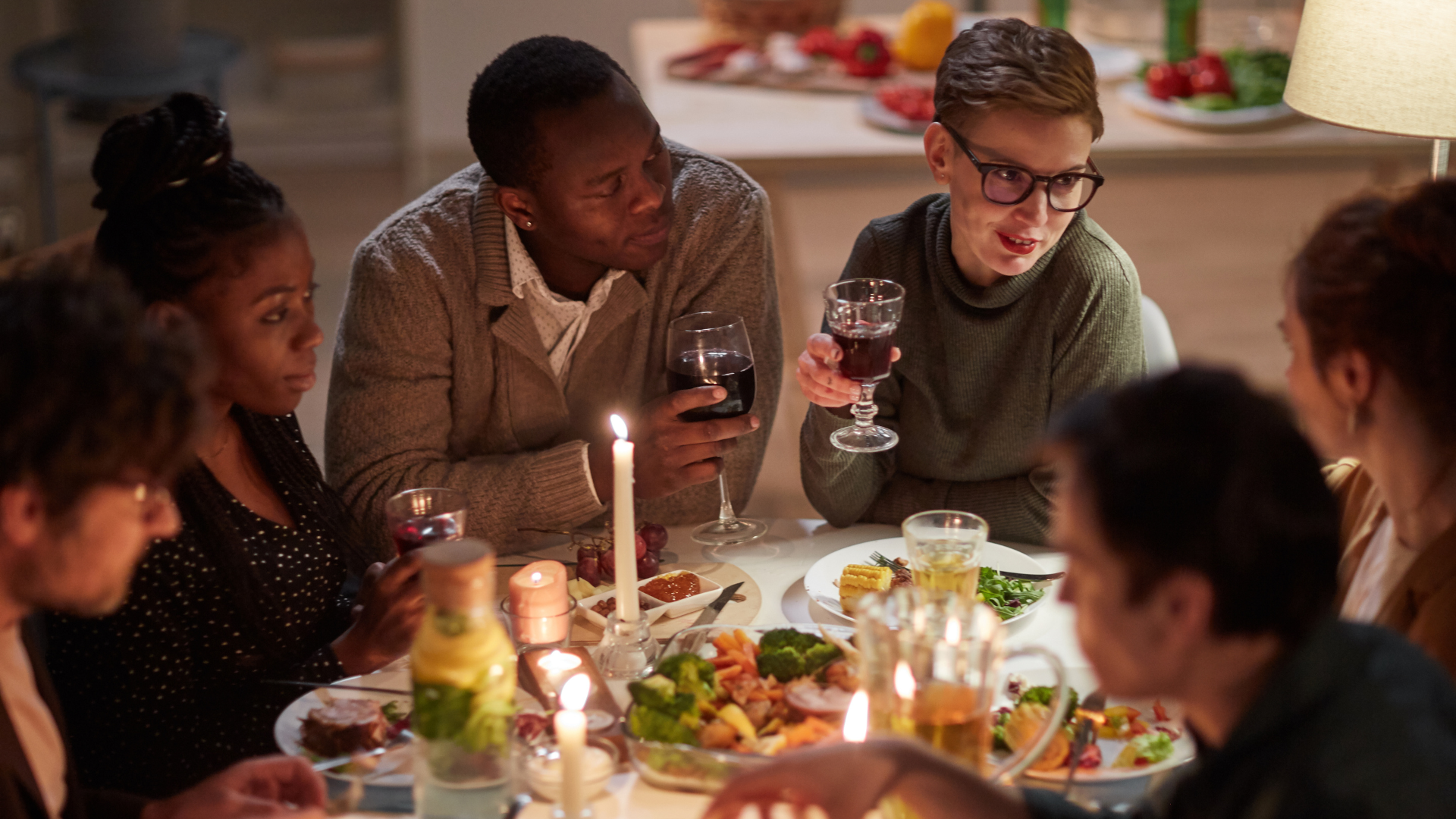Death Literacy is Life Literacy. Philotimo Life exists to drive systemic change around death literacy and to normalize the conversation around death. Their work looks to change how workplaces, educational institutions, and social policies engage with grief and bereavement.
If you’re reading this in late 2021, chances are that death and grief have made an appearance in your life. That’s the reality; death is an experience that touches everyone—both directly and indirectly. This reality begs the question—why don’t we openly talk about death? We hush our voices when it’s mentioned, and we scold our children when they model it in their imaginary games. Why is such a universal experience considered taboo and discouraged in conversations? When will we re-examine the cultural and social norms that promote death illiteracy in our education, workplace, and societal systems?
As far as we know, there’s no life hack to avoid death. Once we unpack the social and cultural baggage, we realize that discussing death isn’t as morbid as it’s made out to be. A holistic approach to death literacy provides individual lessons and insights about life and sheds light on what it truly means to live. Death illiteracy—which is the status quo—creates fear and irresponsibility around death planning. In rare cases, it can fuel irresponsible and self-damaging behaviours, favouring a “YOLO” attitude that can actually devalue life.
Death literacy is about the acquisition of knowledge and understanding death systems. This can include examining our society’s reactions to death and navigating end-of-life and deathcare options. It’s been shown that communities with a higher death literacy index have decreased levels of anxiety around death. This type of understanding brings a level of self-awareness and reassurance that can be seen as beneficial, particularly in the age of COVID-19, where death anxiety has driven a significant increase in psychological distress.
As a result, many have deepened their cultural obsessions with hyper-productivity and anti-aging—thinking that we can defy death if we keep busy and stick to a skincare regime. For example, cosmetic surgery procedures are booming worldwide, with one Melbourne clinic seeing a 200% increase in patients. This hyper fixation on youth comes paired with 47% of remote workers reporting feeling more productive over the last year. Despite this self-described productivity, their stress levels have risen more than 7 percent from April 2020 to April 2021.
These are all types of distractions that pull us away from remembering our own mortality—which adds to people’s ongoing anxiety-distraction loop. This adds to some people forgetting what they appreciate and value in life. On the flip side, those who were able to identify what they value during the pandemic are contributing to a mass exodus of employees from the corporate world.
The lack of death literacy also influences how people navigate the technical side of death care. This is not a COVID-19 phenomenon; people are unaware and unsure of how to navigate their own end-of-life journey—along with that of their loved ones. This avoidance is seen in that 60% of Americans have not communicated their end-of-life wishes, while even fewer who have experienced a serious illness have spoken to a doctor about end-of-life care. This lack of communication often leads to tensions within a family regarding expenses, estate, and security.
Philippe Ariès was a French medievalist and historian whose work revolved around the history of attitudes towards death and dying. His first significant publication was titled Western Attitudes Towards Death: From the Middle Ages to the Present. In this publication, he reflects and breaks down how we’ve culturally responded to and interacted with death throughout history. In the last phase of the 20th century—the phase coined as Forbidden Death—death is seen as shameful and meant to be hidden from society. In order to live a healthy and fulfilled life, we need to transition into a new stage—one where our mortality is considered beautiful, where people are encouraged to openly talk about death and dying, and where death is recognized as a natural and normal part of life. This will allow people to become better advocates for the mental, physical, and emotional wellbeing of themselves and others.
How are you working to create a death-literate world?
Philotimo Life’s recent work is the launch of their podcast. You can learn more about their work and listen to the first season here: www.philotimolife.com.
Need to get something off your chest?
Book a free vent session today.
-
Maria is an advocate for death literacy and the previous co-founder of two other grass-roots organizations – both aimed at creating safe spaces for marginalized groups to share their stories.
In any role she tackles, she champions the importance of vulnerability and the act of radical transparency. These two elements create stronger bonds, better communication, and more impactful work.



